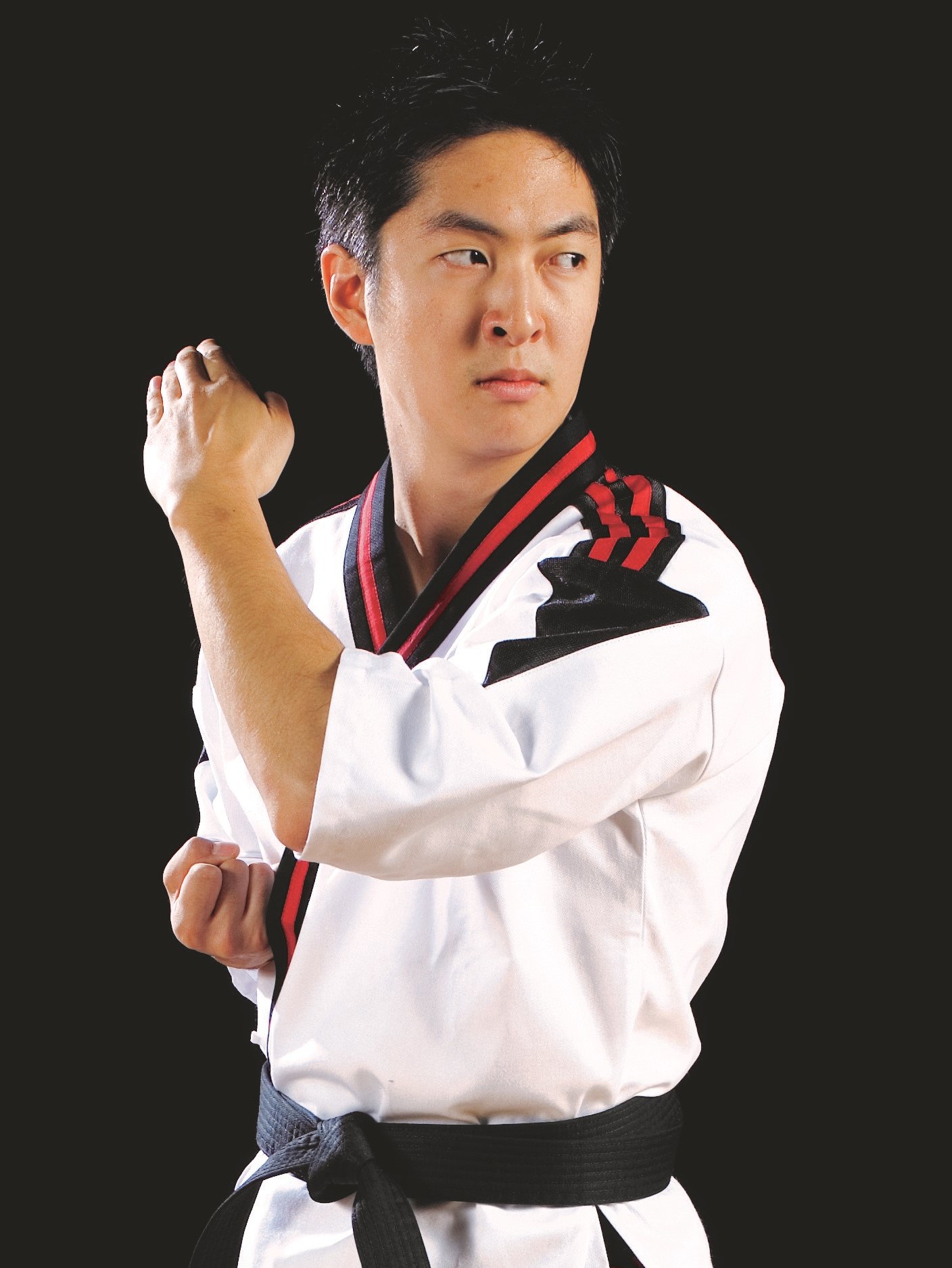
The hotly debated topic of jiu-jitsu styles is the gi vs. no gi. The main differences are the moves that are possible in a different style while wearing a particular gi. The no-gi style is more flexible and allows for quicker escapes and attacks.
gi jiu jitsu vs no gi jitsu
The first thing you need to ask is "What's a difference between gijiujitsu (no gi)?" There are several differences between the two. Gi jiu-jitsu participants wear uniforms. Gi athletes can also pull on their gi to perform specific moves. Contrary to this, competitors with gi sexes cannot wear shorts, a protective rash guard, or T-shirts. Gi athletes may choose to wear gi trousers, but many prefer to use rashguards. A rashguard is typically either black or white. Some tournaments require that athletes wear a rank rash guard.
It is important to think about how your natural abilities can be used in Gi Jiu Jitsu training. Although natural abilities are useful in Jiu Jitsu they will not be as effective if you don’t have enough control. Therefore, it is important to learn techniques in order to have the best chance of securing submissions.

The most important consideration is your own personal goals. It's best to start training in the gi if you want to compete in MMA and BJJ matches. In the long run, however, both styles offer a variety of benefits. The best way to be a competent grappler is to have both styles. Additionally, mixing up your training can add a new dimension to your learning.
Gi jiujitu Jiujitsu is an excellent choice if you are looking to improve ground game. You can improve your technique and avoid getting caught. Brazilian Jiu-Jitsu classes at the Easton Training Center are available for all skill levels.
Gi training improves technique and strength while no-gi is focused on cardiovascular fitness and speed. Gi training means that you will be able to make quick decisions and have more patience with opponents. Your choice to train in NoGi, the Gi, or both is up to your preference. No matter what you choose, it's important to enjoy your training as much as possible.
Gi BJJJ practitioners consider no-gi more realistic than either style. Gi allows grapplers to grab their opponents on their pants, while No-gi allows them to only use one hand to submit.

Gi jiujitsu has a significant difference from no-gi. This is due to the technical use of Gi during grappling. While Gi training requires more technical proficiency, no-gi training is faster and higher-paced. Gi training gives you more options to hold your opponent during rolling. This is important for breaking their grips in no-gi BJJ, as the latter relies on the strength of the opponent's grips.
Regardless of what style you prefer, gi jiu jitju has the best results for MMA training and self-defense. Some gyms have both gi jiu jitju and no-gi classes. It is best to train in both styles and to make sure you use them correctly.
FAQ
Can I legally carry a stun gun?
Yes. However, you will need to obtain a permit from your state.
You will need to fill out an application and pay a fee in order to apply for a permit.
You must keep your permit visible, such as in your wallet, once you receive it.
You'll need to apply again if you lose your permit.
What should I look for when taking a self-defense course?
It is important to consider the reputation and experience level of instructors when choosing a self defence class. Ask about their education and credentials.
Also, ask if they offer free trials or discounts. Some instructors offer special offers for new students.
Ask if the school offers online classes. You can use them whenever you wish.
Ask if the school offers emergency medical attention after class. This is particularly important if you are injured in a class.
Make sure you find a class with a variety of exercises. This allows you to take your time and try every technique before moving onto the next.
How to stay safe if you aren't physically able to protect yourself?
If you cannot defend yourself physically against an attacker then you should find someone who can.
It may be necessary to ask for help. You might need to call 911. You could also die if you do not take action.
You can also contact your local domestic violence shelter. To help women stay safe, many shelters offer safety training classes.
Statistics
- Some people walk into a gym thinking they are going to become the best by training whenever they like and not putting 100% effort in. (budodragon.com)
- Kung Fu alone has 400 unique martial art styles – and whilst you likely won't be able to find a school for each form, many other martial arts are completely different altogether. (budodragon.com)
- Boxers aren't allowed to fight in a clinch, which is a position that occurs in 80% of the streetfights. (mmaclan.com)
- Most likely, you'll get tapped out by 90% of the people in your first 3-5 months. (mmaclan.com)
External Links
How To
How to Survive an Invasion at Home
Home invasion is scary, especially for children. We didn't expect to live through home invasion when we started our journey with installing a home security system. Here's our experience so far.
-
You must not allow your kids to see the attackers. Two men broke into the house while our children were sleeping upstairs. We kept them downstairs until the police arrived. Our kids weren't hurt, but they saw enough to traumatize them.
-
Lock All Valuables. We keep valuables locked up in a safe in our bedroom. Even if someone breaks into the house, they won't be able to access it.
-
Keep an eye on Burglars. We live in a neighborhood that has a lot of burglaries. We are always on the lookout for suspicious cars and people.
-
Have A Backup Plan. If anything happens to us, our family will be taken care of financially. We also have a plan that allows us to leave the United States if necessary.
-
Be Prepared. If you ever find yourself in a situation where you must defend your life, you must be prepared. You should always have water and food on hand.
-
Get help immediately by calling 911. After you discover that someone is breaking into your home, immediately call 911. It's better to call the authorities than to wait for them to break down your door.
-
Use common sense. Do not let anyone enter your home if you don't feel at home. Do not invite strangers.
-
Ask for help from your neighbors or other people in the area. If you feel unsafe, contact your friends and neighbors. They can watch your back, while you call the police.
-
Keep Calm and Do What Police Officers Tell You To. Keep calm and do as the officers direct. Do not flee or resist arrest
-
Photograph Any Evidence. Any evidence discovered during the investigation should be taken pictures. This includes fingerprints and blood samples.
-
Local Law Enforcement can be contacted to file a report. You can file a police report even if nobody was hurt. This could help prevent you from being convicted of future crimes.
-
Get in touch with your insurance company immediately. You should immediately contact your insurance company. Tell your insurance company everything that has happened, and ask them to send an adjuster.
-
Remove Personal Belongings. Remove personal belongings before leaving the scene. It is best to take your expensive jewelry off and place it somewhere safe.
-
Take Care of Yourself. Keep your surroundings clean. Clean up after yourself.
-
Talk about What Has Been. It is not a good idea to talk about the events that happened to you. You never know who may try to use this information against or against you.